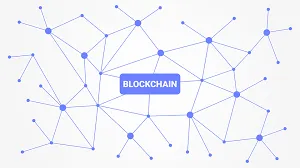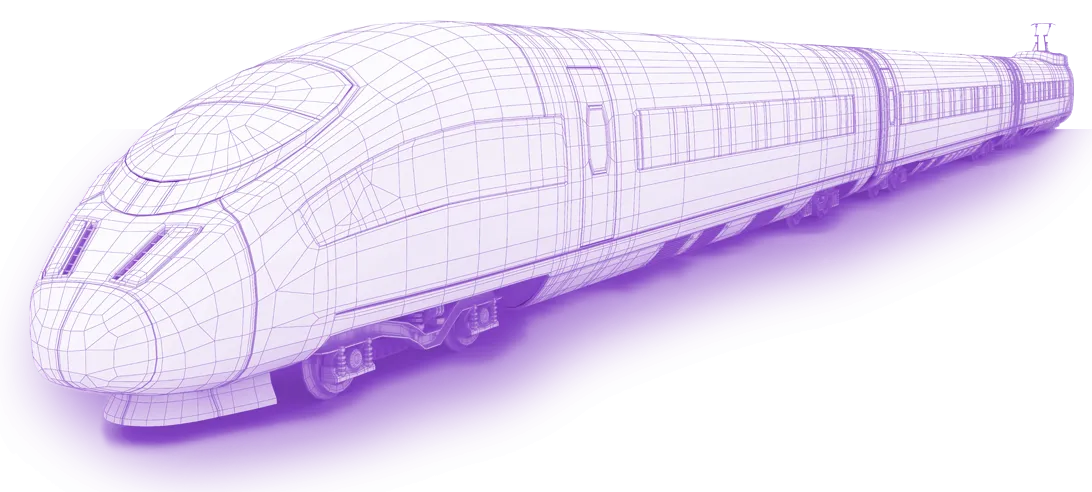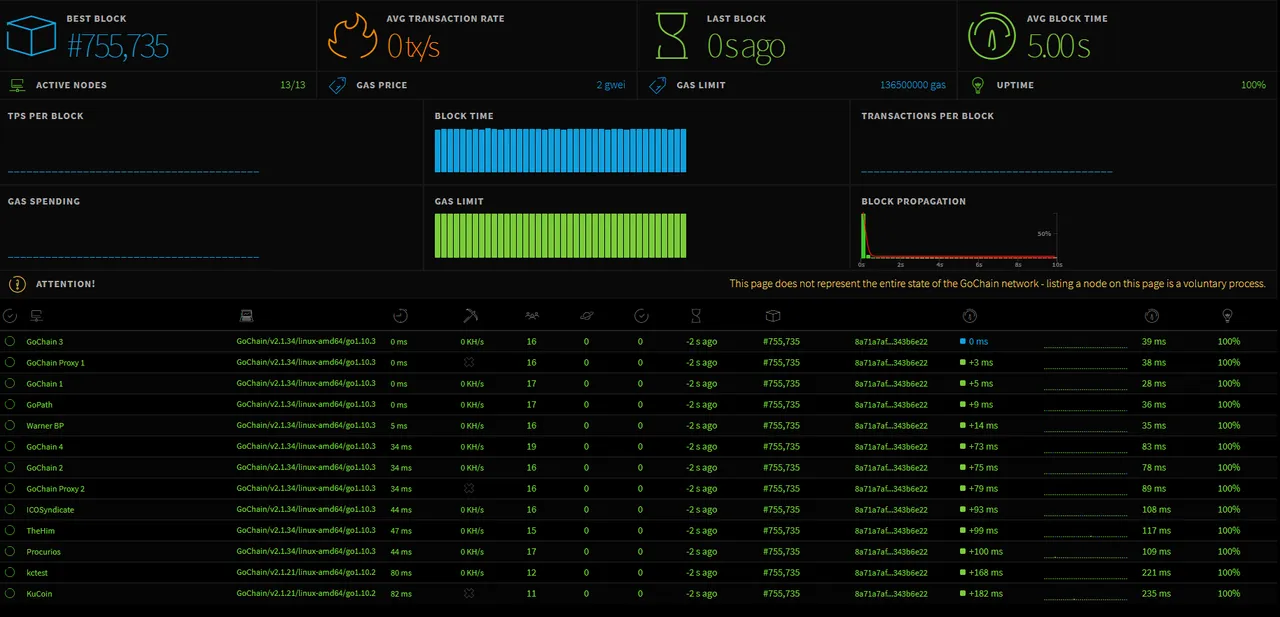
The story of the development of the blockchain would be incomplete without a reference to the innovation of smart contracts. Likewise, the widespread application of smart contracts cannot be discussed without a mention of the platform that fostered their use - Ethereum.
From its launch, Ethereum played a pivotal role in the generation of smart contracts such that today only 10% of decentralized apps in the cryptocurrency industry are not built on the platform. However, while Ethereum is the most popular platform amongst developers, it has well-known limitations without which the blockchain would have risen faster and made much more impact in the mainstream, limitations that must be mitigated if the cryptocurrency industry would reach its full potentials, based on its well-acknowledged prospects.
Significantly, Ethereum's slow transaction speed which currently stands at 13 transactions per second, its highly expensive use of power for mining and its growing decentralisation which poses security concerns are fundamental limitations with the platform.

Implications of Ethereum's Limitations on DApps/ Industry
Poor scalability
(i)Slow transactions
Ethereum has an incredibly low processing speed at 13 transactions per second. While this is an improvement on Bitcoin's 7 tps, it is infinitesimal to a centralised organisation like Visa Inc.'s 56,000 transaction per second. Naturally, this limitations delays the turnover of projects on the platform. With up to 90 % of all DApps in the industry built on Ethereum, thousands of projects are waiting in line with each 13 transactions that are processed per second.
(ii) High rate and cost of energy use
Also, like Bitcoin and other blockchains that make use of the Proof of Work consensus algorithm, Ethereum requires a vast amount of energy for mining which is really expensive. Thus, developers with projects on Ethereum pay exorbitant rates for energy.
Both of these scenarios are not sustainable and the industry is desperate for a solution. They not only delay the realization of important projects, but also serve to retard the growth of the crypto industry. Indeed, they make the blockchain unappealing to prospective entrants/ investors to the blockchain. There is urgent need for a significant upgrade on these limitations to pave way for the next phase of development in the blockchain.
Undecentralised decentralisation
Decentralisation is the basis of the blockchain. It is its advantage over traditional/centralised institutions. In consonance with smart contracts, it holds the key to the unique innovations and benefits of the blockchain.
While power is concentrated in the hands of a few, usually the authority in traditional institutions, in decentralised platforms power is distributed, the major benefit being the elimination of corrupting influences. However, this very foundation is called into question in the Ethereum platform. At present only about 20% of mining in the blockchain is distributed while the rest is controlled by 4 companies, all based in China. This is not decentralisation. Full decentralisation is required to prevent a very possible 51% attack where controlling nodes manipulate transactions in their own favour, leading to a breakdown of the blockchain.
Security
With the imminent possibility of a 51% attack on the blockchain, security of digital networks built on the platform is threatened.
Various developers have been making effort to mitigate these unhidden limitations of the popular platform. In May this year, GoChain, a public blockchain for different use cases of smart contracts went live with its vision to deliver on Ethereum's shortcomings.The team believes the cryptocurrency industry is of age to transcend the limitations of the Ethereum network.

Solution is Live
GoChain promises the blockchain community 10 times more decentralisation than the Ethereum platform for secure contract transactions, 100 times faster speed and volume of transactions and the use of 1000 times less energy for mining. Developers are invited to build their projects on the platform or deploy existing ones on Ethereum for a better experience. GoChain is 100% compatible with Ethereum and movements have been designed to be smooth, without requiring the writing of a code.
Indeed, the platform has been running 1,300 transactions per second since it launched its mainNet and would run 13,000 tps by 2nd quarter of 2019 based on its projections.

Before then, in the last quarter of 2018, it would begin to execute pausable and upgradeable smart contracts as against the current industry standard’s immutable contracts. The GoChain team believes that smart contracts should be close to conventional contracts.
GoChain’s key weapon is its adoption of PROOF OF REPUTATION consensus algorithm to validate transactions in place of Ethereum's Proof of Work. By design, Proof of work is energy-consuming for mining activities. Proof of Reputation will cut this down by a wide margin.
Also, adoption of Proof of Reputation will solve the problem of decentralisation. The concept is an upgrade on Proof of Authority that has been commonly used by private networks. Technically, instead of using individuals as validators, Proof of Reputation would make use of 50 large, reputable companies each stationed in a different country and spread across different geographical zones. Proof of Reputation is adopted on the conviction that companies have more reason to protect their reputation than individuals. Companies used as nodes will. Be staking their reputations.
Compared to the present situation where no less than 70% of industry mining activity is controlled from one location (with Proof of Work thus exerted), Proof of Reputation holds the key to significantly truer decentralisation. The process has already begun. KuCoin exchange recent joined the platform as one of its nodes.
What the entrant of GoChain means for the blockchain Industry
The following tweets on GoChain’s official Twitter handle made on different occasions is instructive:
@go_chain Just transferred around 395,000 GO from Kucoin to my wallet. Took under a second and the fee was pretty much zero. 395K GO is now worth around 1.6 BTC. That means I transferred around $10K instantaneously for almost zero in fees!
@go_chain Just deployed a smart contract on the Ethereum Network. Spent $3.41 and it took 38 minutes to deploy. Did the same thing on GoChain and I spent $0.0001 and it deployed in less than 5 seconds. If I wanted that speed with Ethereum would've cost $37 #ethereum #bitcoin
With significant low costs of building decentralized applications on GoChain, faster processing speed, better security and more on the platform, the industry will experience more viable projects with far-reaching effects on the blockchain and beyond. With the scalability of the blockchain will come wider application and higher market value.
In conclusion, that the GoChain team comprises of professionals that are noted for achievement adds to the credibility of the project. It incorporates serial entrepreneurs and highly experienced developers led by Travis Reeder, former Iron.io founder. Travis team at Iron.io pioneered serverless cloud computing to more than a million transactions per second.

Jason Dekker, GoChain CEO

Travis Reeder, GoChain's Chief software developer
Please visit the company website for more information/resources and social media links.
gochain2018
This is my entry for the GoChain sponsored @OriginalWorks contest. You can find it here.
Thank you for reading this write-up.